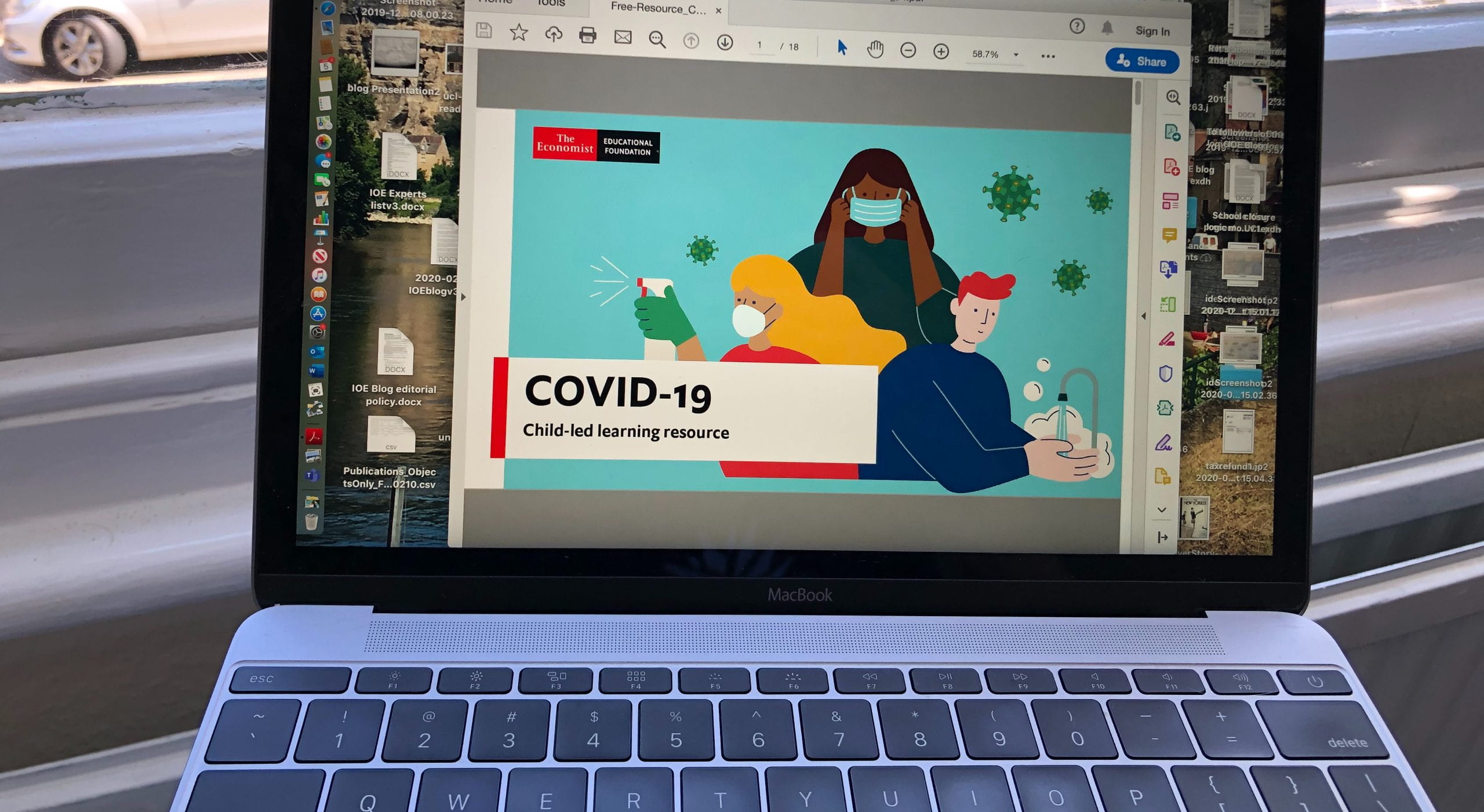Schools never shut: the extraordinary lengths teachers have been going to in supporting children during lockdown
By Blog Editor, IOE Digital, on 11 June 2020
11 June 2020
There has been much discussion in the news about schools ‘re-opening’ in the last few weeks; however, schools have never been ‘closed’ during the COVID-19 crisis, and in fact, teachers have been working incredibly hard to support their communities during the lockdown period.
As well as continuing to teach the children of key workers and vulnerable children, including through school holidays, staff have been engaged in a variety of activities which stretch far beyond their normal roles, as our research in the Helen Hamlyn Centre for Pedagogy (HHCP) has shown.
Our mission in HHCP is to improve children’s lives through pedagogy; during this crisis, we have prioritised supporting parents at home (through campaigns such as our ‘Get children thinking’ project) and – the focus here – documenting the experiences of staff in schools and the early years sector. We have spoken to and surveyed leaders across the field of primary and early years education, gathering fascinating testimonies of the experiences of the (more…)
 Close
Close








